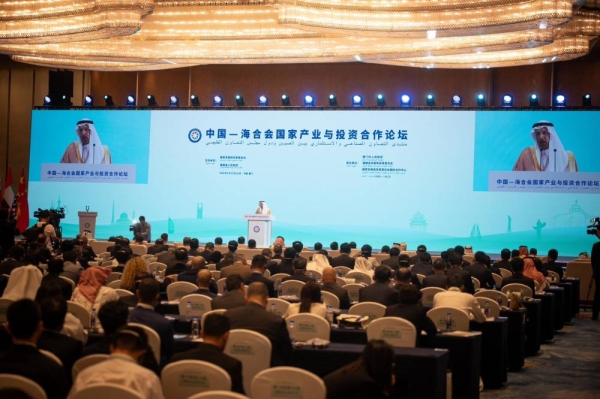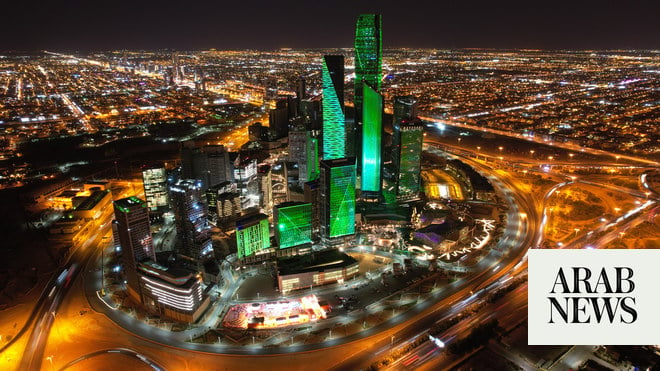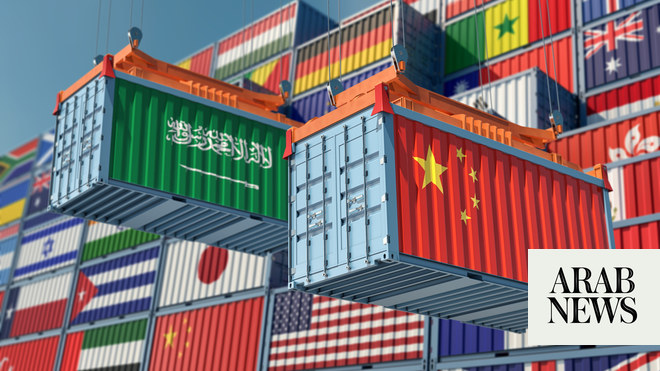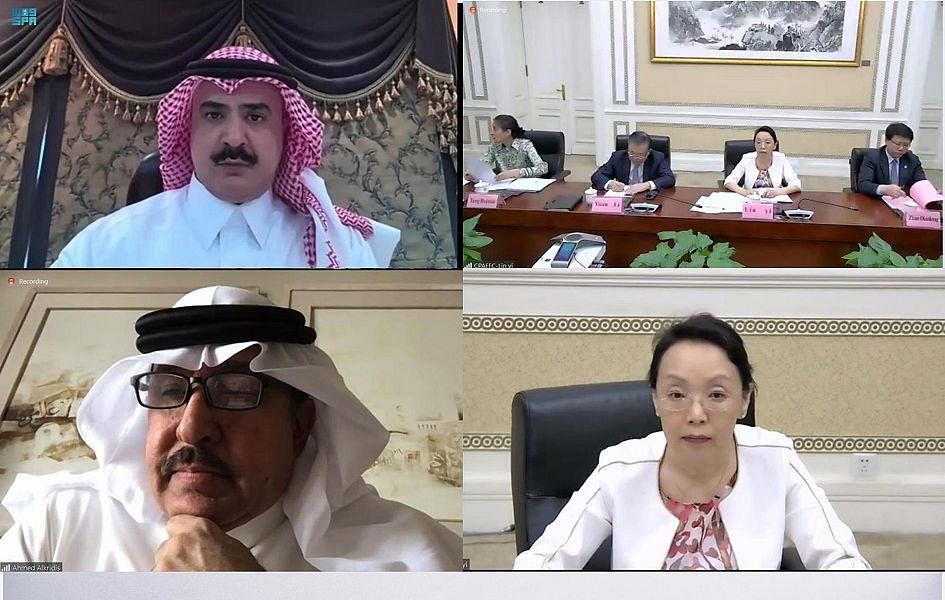
Saudi Arabia is seeking to attract substantial global investments in advanced technologies, especially in NEOM.
A recent study indicated that the metaverse was the next generation of the internet, potentially heralding a new virtual, interconnected reality seamlessly woven into the world.
The paper, "Creating a New Reality: The Metaverse in MENAT," prepared by the Boston Consulting Group, studied how to unlock the promises of the metaverse in the region, focusing on Saudi Arabia, the United Arab Emirates, Türkiye and Egypt.
It said Saudi Arabia showed high readiness for metaverse adoption across key enablers, although some gaps remain in SME readiness, ICT talent, and cryptocurrency.
Saudi Arabia boasts key infrastructure for the metaverse, with 98 percent of individuals using the internet.
The Kingdom ranked first out of 130 countries for school internet access, fourth for home internet access, and fifth worldwide for median mobile internet connection speed.
The study noted that Saudi Arabia enjoys high readiness across key technological metrics, including 74 percent smartphone subscription – high for the region and higher than the United States - and an average of 0.77 smartphones installed per person, which is in line with the regional average.
The country is a leader in AR/VR headset sales and growth, with sales expected to double by 2025. It ranked 2nd (of 130 countries) in cybersecurity.
Indications point to high consumer readiness for the metaverse: 60 percent of adults are familiar with the concept, and 78 percent of the population has basic ICT skills, which is high for the region.
According to the study, Saudi Arabia has 82 percent social media penetration, 90 percent of the population uses YouTube, and residents spend 8.1 hours/ day on the internet.
It also reported that Saudi Arabia currently ranks 70th in mobile apps developed per capita, low for the region.
Fourteen percent of the population has advanced ICT skills, among the highest in the region, indicating a large base of potential content developers, but 60 percent of ICT companies say recruiting talent remains a challenge.
Meanwhile, Geidea, a leading fintech company in the region, has partnered with Magnati, a leader in the payments solutions industry, to enable merchants to provide seamless customer experiences in Magnati MetaV.
Magnati MetaV is the first metaverse marketplace in the MENA region.
Magnati MetaV is a virtual platform where people can get a visual and sensory experience as they shop, learn, play games, attend events, and more online, all from the comfort of their homes.
Furthermore, the head of Saudi Excellence, Abdullah al-Meleihi, said that by 2030, the total number of users of metaverse would reach about five billion people, according to the studies' predictions.
Meleihi added that companies and venture capital funds invested $120 billion in the Metaverse between January and May 2022, which is more than double what was invested in 2021.
He indicated that the real estate sector is the preferred investment, real or virtual. Real estate based on the metaverse is a plot of land on a platform that can hold anything digitally, such as an art exhibition or concert hall.
The platforms that develop these lands generate revenue by selling or renting them to luxury brands and fashion houses trying to reach consumers in the metaverse.
Meleihi pointed out that NEOM's technology and digital company changed its brand to "Tonomous" and is working to increase investment in the metaverse and AI.
Tonomous invested about $1 billion in 2022 to promote AI and metaverse technologies, said Meleihi, adding that it aims to devote efforts to ensure NEOM is the first community compatible with the virtual world and cognitive sciences worldwide.












